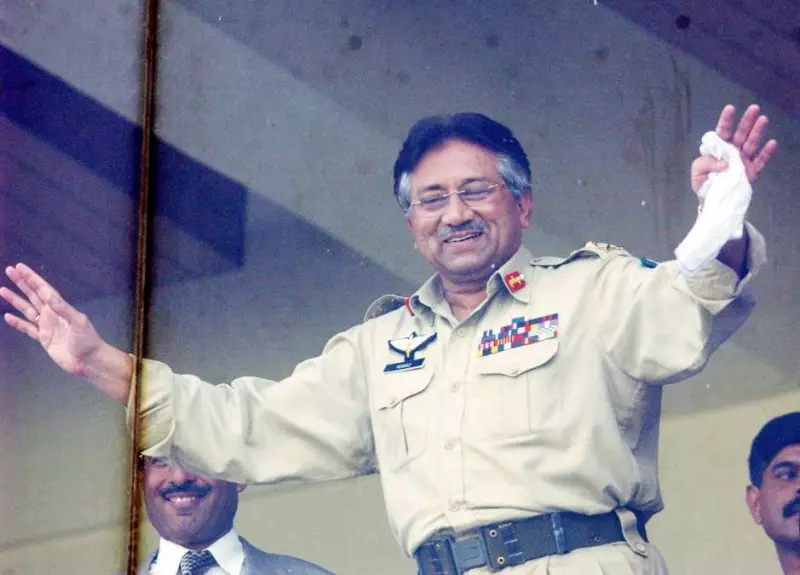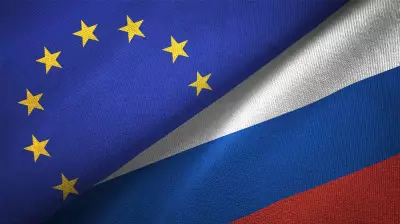
In a stunning disclosure that could reshape understanding of US-Pakistan relations, former CIA agent Robert Crowley has revealed that the United States maintained significant control over Pakistan's nuclear arsenal during critical periods. The revelations come as part of Crowley's forthcoming book that promises to expose the complex dynamics between Washington and Islamabad.
The Unspoken Agreement
According to Crowley, who served as a CIA operative with extensive experience in South Asia, the US established an intricate system of oversight that allowed it to monitor and effectively control Pakistan's nuclear capabilities. "It wasn't direct control in the traditional sense," Crowley explained, "but through technological safeguards, intelligence monitoring, and strategic dependencies, Washington held the real keys to Pakistan's nuclear deterrent."
Preference for Military Rule
The former intelligence officer didn't mince words when discussing Washington's preference for dealing with military dictators over democratic governments in Pakistan. "The US establishment loves working with dictators when it comes to sensitive security matters," Crowley stated bluntly. "With General Pervez Musharraf, we had a straightforward relationship. He understood what we needed, and we understood what he could deliver."
Why Dictators Work Better for US Interests
Crowley outlined several reasons why military rulers like Musharraf were preferred partners:
- Streamlined decision-making without parliamentary oversight
- Reduced bureaucratic hurdles in security cooperation
- Direct access to power centers without political opposition
- Assurance of policy continuity during their tenure
The Musharraf Era Cooperation
During General Pervez Musharraf's rule from 1999 to 2008, US-Pakistan cooperation on nuclear security reached unprecedented levels. Crowley revealed that this period saw the implementation of sophisticated monitoring systems and regular intelligence sharing that gave Washington near-real-time awareness of Pakistan's nuclear status.
Implications for Regional Security
These revelations raise serious questions about nuclear sovereignty and the true nature of strategic partnerships. The admission that the US maintained such significant influence over Pakistan's nuclear arsenal challenges conventional narratives about nuclear deterrence in South Asia and suggests a much deeper level of American involvement than previously acknowledged.
The timing of these disclosures is particularly significant, coming amid ongoing tensions in the region and evolving power dynamics. Crowley's account provides a rare insider perspective on how major powers manage nuclear relationships with allied states while maintaining public narratives of complete sovereignty.





